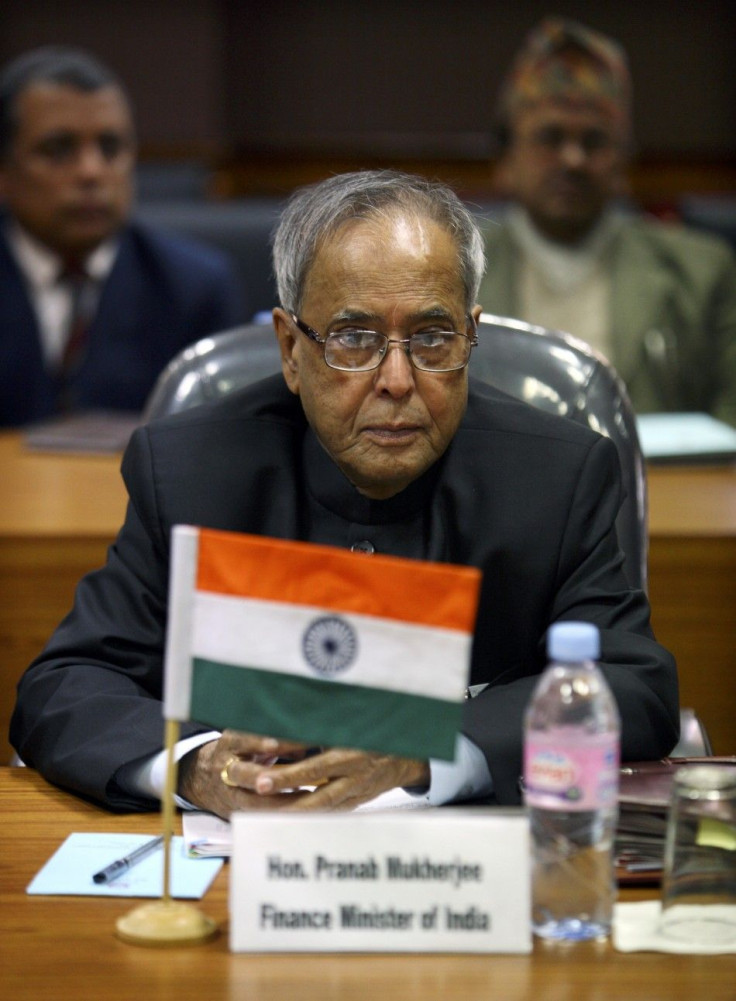India Budget 2012/13: A Modest Step to Fiscal Consolidation

The Indian budget for 2012/13, presented to the Parliament Friday, incorporates some significant tax hikes and should be viewed positively by the markets and the central bank, according to Capital Economics.
Going by the Capital Economics report, one positive thing about this year’s budget is that it is based on realistic macroeconomic targets. GDP growth for fiscal year 2012/13, which begins in April, is projected at 7.6 percent. This is a bit higher than the 6.9 percent estimate for the current fiscal year, and is a little higher than our own forecast of 7 percent for 2012/13. Capital Economics adds that recent data suggest growth has bottomed out, so a figure of around 7.5 percent seems reasonable, and is certainly more plausible than the 9 percent target included in last year’s budget.
Capital Economics points out that the finance minister has admitted that the deficit will be much higher than projected this year and has set out a medium-term framework to bring the deficit down. The central government deficit is expected to be 5.9 percent of GDP in 2011/12 compared to a target of just 4.6 percent. The aim is to bring it down to 5.1 percent in 2012/13 and less than 4 percent two years later. However, the states’ budgets are not included in the statement and these add at least 2 percent to the general government shortfall.
Andrew Kenningham, Senior Global Economist of Capital Economics, says that the bulk of the fiscal tightening this year will come from higher taxes rather than lower expenditure. Most importantly, central excise and services tax rates have both been hiked from 10 percent to 12 percent.
Capital Economics also reports that in contrast to the budget for 2011/12, the headline projections for expenditure also appear broadly realistic.
On a negative point, Capital Economics notes that the biggest risk remains the cost of subsidies. In his budget speech, Finance Minister Pranab Mukherjee said he will endeavor to keep the cost of subsidies for fertilizers, food and fuel to 2 percent of GDP in 2012/13, down from 2.5 percent this fiscal year. At the same time he announced no concrete measures to achieve this.
Capital Economics considers that overall this budget does constitute a modest step towards putting India back on a path of fiscal consolidation.
© Copyright IBTimes 2024. All rights reserved.





















